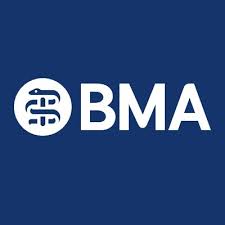Learning from Lives and Deaths (LeDeR programme)
- improve care for people with a learning disability and autistic people
- reduce health inequalities for people with a learning disability and autistic people
- prevent people with a learning disability and autistic people from early deaths
A LeDeR review looks at key episodes of health and social care the person received that may have been relevant to their overall health outcomes. It focuses on areas that need improvement and areas of good practice.
Requirements in General Practice
Primary care records are needed to understand the person who has died. Records are also needed to understand if there are lessons to be learned from their death. A LeDeR reviewer needs to access primary care records and, or talk with the GP about the person who died.
General Medical Council’s (GMC) guidance
- 103 - In England, Wales and Northern Ireland, statutory arrangements are in place for considering whether disclosing personal information without consent for health and social care purposes would benefit patients or the public sufficiently to outweigh patients’ right to privacy. Examples of these purposes include medical research, and the management of health or social care services. There is no comparable statutory framework in Scotland.
- 104 - Section 251 of the National Health Service Act 2006 allow the common law duty of confidentiality to be set aside for defined purposes where it is not possible to use anonymized information and where seeking consent is not practicable.
- 105 - You may disclose personal information without consent if the disclosure is permitted or has been approved under regulations made under section 251 of the National Health Service Act 2006. If you know that a patient has objected to information being disclosed for purposes other than direct care, you should not usually disclose the information unless it is required under the regulations.”
The LeDeR Local Area Contact (LAC) for Lincolnshire is Claire Noble (Senior Commissioning Manager for Learning Disability and Autism)




